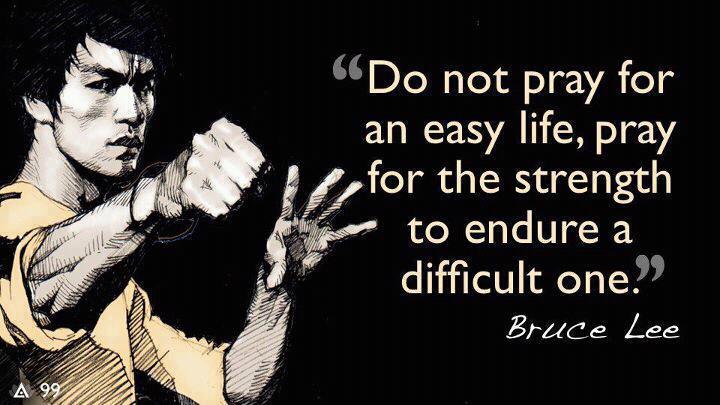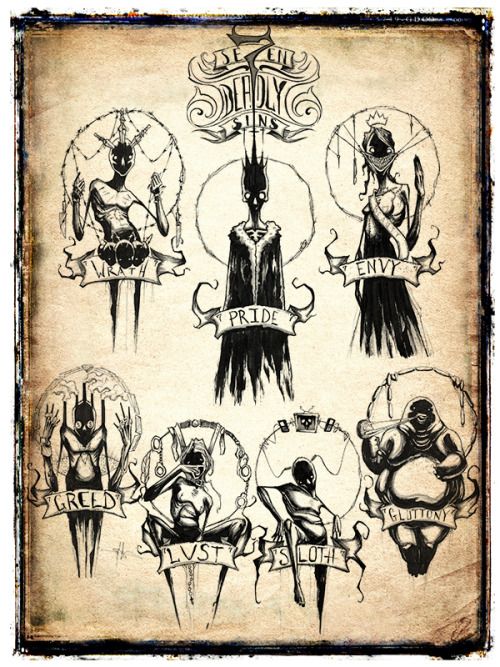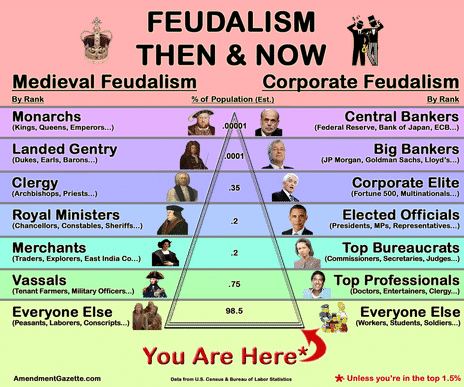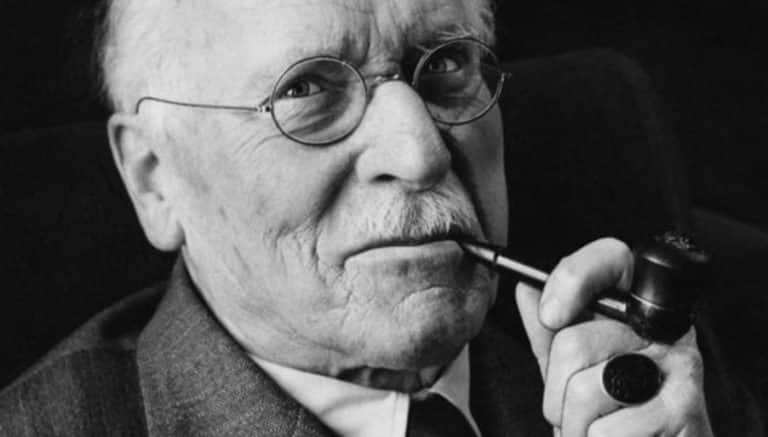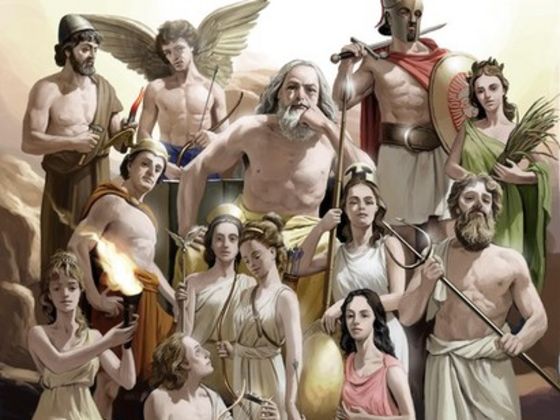Consumerism – Does Marketing Create Unhappiness?
I don’t know how often other people think about marketing & consumerism, but I think about it a lot. It’s one of the cornerstone engines on which our consumerist society functions. I’m sure you’ve heard of this Peloton commercial, which gives me a good reason to discuss marketing. Let’s start with a few quotes so you kind of know where I’m approaching this subject from:
” Advertising has us chasing cars and clothes, working jobs we hate so we can buy shit we don’t need.”
“We buy things we don’t need with money we don’t have to impress people we don’t like.”
The Peloton is peak consumerism: a $2000+ exercise bike no one wanted, asked for, or had any concept of. It has this very over the top commercial and everyone’s bagging on it either because it needs to “check its privilege” or because the woman looks like she’s in some kind of hostage video. I guess the second thing is what I’m going to talk about briefly.
Yeah, she does look like she’s a hostage to me, but not in the way people are saying. What marketing relies on is connecting to a demographic and selling a fantasy. To do a brief analysis, the fantasy this commercial is selling is that if she buys this bike, she’ll be happy and people will love her. It’s trying to connect very specifically to this upper middle class professional trying to break into the upper class demographic of female social media vlogger.
The video almost seems like a parody of our society and consumerism, but it is, obviously, a reflection of it. Of course a bike doesn’t make you happy. Of course no one loves you for getting a bike. It’s weird that the fantasy is to be loved by disembodied strangers that she talks to through a phone. It is literally the bike from that episode of Black Mirror where everyone’s trying to become famous which is, oddly enough, usually viewed as a commentary on class in a consumerist society, which is precisely the lens that I analysed this video through before I remembered the Black Mirror episode.
And the fact of the matter is no one, absolutely no one, no one anywhere, zero people, not a soul, needs this device. You can get a better workout, at home, for free, doing yoga, isometrics, tai chi or even just doing a bunch of jumping jacks. If you really want to work out, it is not hard to do so. Just like buying a $2000 guitar doesn’t make you good at guitar or committed to practicing, buying a $2000 piece of exercise equipment doesn’t make you good at exercising or committing to exercise. A great guitarist is still great on a $100 acoustic; someone who’s committed to exercising can do a routine on the floor of a room. Everything about the Peloton is an invention of consumerism.
So if you’re buying this thing, you’re buying the fantasy sold in the video or the second embedded fantasy, which I haven’t mentioned yet, which is status. By making an ad that’s so clearly focused on the lifestyle of this particular group of people (which we can see is clear by the way so many people attacked it for its representations of ‘privilege’), people who identify with the group defined and represented by the video either a) want to be a part of that group or b) consider themselves to be a part of that group. It’s a fantasy of being ‘seen’; of being represented.
Here’s the thing, though. Everything involved here is fiction. That group is made up. The usefulness of the bike is made up. The money you buy the bike with is made up. The status is made up. The love is made up. The fame is made up. It’s all just a little escapist fantasy. My indictment of this video is not that it represents privilege or that the woman seems a little unhinged, it’s that it’s a perfect showcase for the fact that, just like in the Black Mirror episode, people buy their own mental prisons. They buy their identity, the buy the products that their identity is supposed to buy, they work to buy the products their identity is supposed to buy and that’s their purpose. But it’s not true. None of it is true.
I’m a nihilist so I don’t believe in any real objective meaning to anything, but I find it hard to believe, based on everything I’ve read about philosophy and psychology, that a person’s identity and ‘function’/purpose can be defined externally. You can say a toaster is a paperweight, and sure, you can use it like that, but its function is to toast things. Similarly, you can say a person is an “upper middle class woman” and its function is to buy useless expensive products, but theoretically, this person’s function exists outside of consumerism, regardless of the existence of such definition or product.
So marketing and consumerism gives her this false identity and this pride in this false identity, which just separates her from the rest of us (“I’m this and you’re just that“), and it also separates her from her actual identity and true function. And it’s not just this commercial, it’s all of this marketing. The only question is, does marketing create these divisions or exploit them? At the very least, it perpetuates them.
Before this commercial came along, did anyone, on their own, think any of the things that the commercial convinces them to think? Did anyone think even the most baseline thought, “I need an exercise bike that allows me to broadcast being on an exercise bike?” Did anyone think “I will be happy and loved if I have such a bike?” Did anyone care or have any interest whatsoever in the broad category of “exercise bikes”? I suspect the answer to all these questions is a resounding no.
The commercial created the demand. It created the fiction. It sold the fantasy of love and acceptance and representation and fulfillment, and it worked. Just like it worked with Instant Pots, Air Fryers, and the pet rock. No, people didn’t come up with the demand for the Peloton on their own; it was sold to them. The process was not the process you would imagine to arrive at any kind of truth; it was not “What would make you happy?” “If I was more in shape” “How can you accomplish being more in shape?” etc, and so on; no, it was “Buy this bullshit thing and you’ll be happy.” It is a prescription of consumerism for a fictional problem created by consumerism specifically made for consumerism to “fix”.
With that in mind, let’s take a look at another example. Let’s look at politics. This corrosive, acrimonious, totally unproductive sector of modern society which generates enormous anger and division and accomplishes almost nothing ever. Politics is almost entirely marketing spending. It is almost entirely demographically based. It is “the black vote” “the white vote” “the woman vote” “the minority vote”. Get 56% of the 38% of adult women who vote in Presidential elections and “women are resoundingly saying x”, even though the statistical reality is 78% of all adult women, an actual, clear majority, did not say that thing.
Again, like a Peloton, it is more often than not things that are sold. Just like the Peloton comes first, the party platform comes first. Then they try to figure out how to sell it. They create a demographic map for the product (the position), and then they and the other party compete to sell it to that demographic. Let’s take a look at just one modern issue, breaking up giant social media conglomerates. Try to get outside of yourself for a second and think: how many people actually thought about this before the political parties started selling the issue through their marketing distribution channels? How many people do you suppose, sitting around their table, thought to themselves, “I really think we should break up the internet conglomerates, and that is a huge priority for my life”? I’m not talking about people who are necessarily super plugged into politics, but your average voter. I’d hazard to guess a very small amount of them do. They’re not defining or pushing their own agenda; they’re analyzing and discerning the agenda pushed to them. You don’t create the party platform; no, you are divided into demographics and sold what they already came up with. Your input is not needed or wanted.
Politics is doing exactly the same thing consumer marketing is doing: creating a fictional identity, crafting a narrative that supporting a certain product or position (a political product) makes you ‘good’, and selling a fantasy that if you support this product/position you will be loved/accepted/sexy/rich/whatever bullshit made-up thing. The being loved/accepted/etc never comes because the whole narrative is fiction. Being a ‘good’ representative of the identity never comes because the identity is fiction. But people buy into this over and over. And before some political religious zealots start thinking I’m indicting their party, I’m talking about y’all. The whole nature of how you craft positions and market them.
So, in that context, they intentionally craft wedge issues to try to peel one demographic away from another. We know for a fact racism, for example, is learned. Children don’t see racial divisions until they’re taught to see them, at least not on the context that society teaches them. Certainly, racism exists in American society outside of this, but to me the question is, to what degree are political wedge issue marketing practices helping heal that legacy of racism, and to what degree are they inflaming and perpetuating it for their own profit? I think they’re not healing it at all. It is the very embodiment of the classical logical fallacy of “fighting for peace”. And it’s not just about racism. It’s every other societal wedge that politics finds and exploits. Among all of the us vs them attitudes that exist in American society today, or even the greater developed world, how many are organic, and how many of them are completely fabricated from top to bottom, like the Peloton bike, in order to sell a position?
I would encourage you to question all of this. Here are some questions I ask myself:
We have this fantastic infrastructure to reach everyone in every home with a message. Taking a step back and ignoring all the ways the system (that we made up) works, why does anyone think using this infrastructure to broadcast “buy this shit” and “hate these people” is the optimal use of that infrastructure, or even a good use of it?
How can screens, which are a one way communication device, ever have our interests or identity in mind when it is impossible for us to communicate through them? Modernity is defined by parasocial relationships (meaning, a one sided relationship where a person broadcasts their thoughts to many followers and is impossible to broadcast back to). What have these people done to earn such positions?
You almost never assume a stranger has your best interest at heart, but often assume that a person on TV you’ve never met and will never meet does, even though the stranger is actually more accessible to you and most likely has more in common with you. Why do you suppose that is?
Do you think if we stopped selling fantasies through marketing, people would come up with their own ideas about what they needed to do to feel happy and fulfilled? Do you think if we stopped marketing political wedge issues to demographics, people would stop thinking of ‘opposing’ demographics as their enemy?
Do you think, perhaps, that creating fictional identities and purposes and selling consumerist placebos as prescriptions for unhappiness might be causing unhappiness? Do you think, perhaps, that creating fiction divisions and selling political ‘solutions’ might be causing division?
Are the tools of consumerism capable of solving the problems of unhappiness and division, or is it like trying to tie a rope together with a knife? Like trying to do surgery with a gun?
Just some food for thought. Always remember, before you reflexively defend the systems we use: none of this has to be this way, it is all made up, and it was all made up fairly recently.



